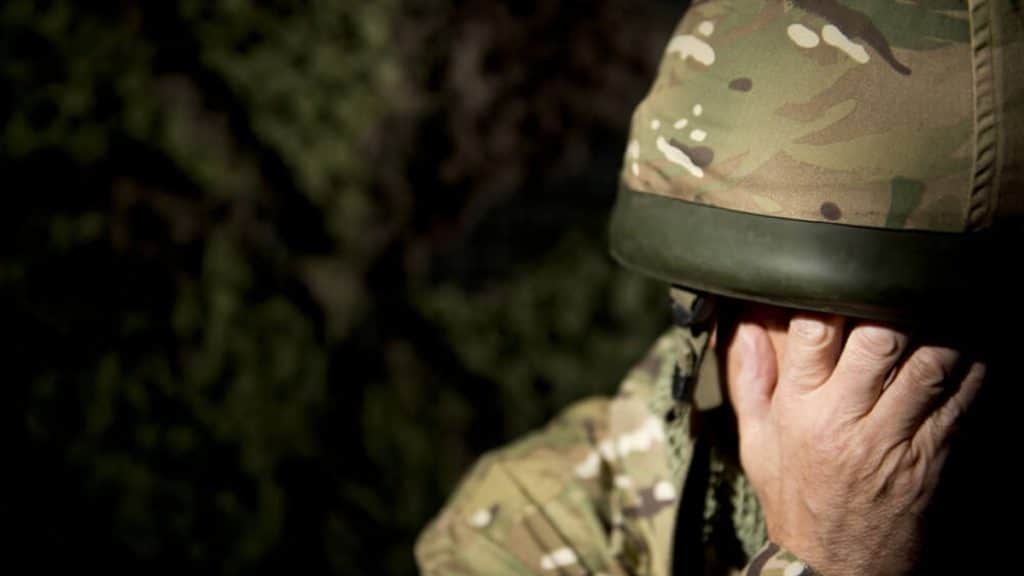Wounded veterans face a range of health-related struggles that can profoundly affect their daily lives and wellness. Addressing these struggles through targeted strategies and preventative measures is crucial for helping veterans overcome obstacles and lead more manageable and independent lives.
1. Limited Mobility
War heroes often face the challenge of limited mobility due to injuries and trauma they sustain in combat. Addressing this requires a professional approach, including tailored physical therapy, to rebuild strength and flexibility and using assistive devices like walkers, prosthetics, and orthotics to enhance independence. Adaptive sports also play a crucial role, offering modified activities that keep veterans engaged and active.
Providing the necessary resources for rehabilitation, assistive technology, and assisted or modified transportation is vital for comprehensive support for veterans wounded in combat. However, accessing corporate donations for veterans through listed organizations like Wounded Warriors Family Support can be instrumental in funding these initiatives. Such efforts are essential in helping veterans regain mobility and lead more independent, fulfilling lives.
2. Cognitive Impairments
Affected veterans silently suffer mental impairments that affect their ability to think, learn, remember, use judgment, and make decisions. These, often resulting from traumatic brain injuries or neurodegenerative diseases, can manifest as memory problems, attention deficits, difficulties with executive functions, and slowed processing speed.
Such impairments can lead to social isolation, difficulties performing daily tasks, and reduced independence, severely impacting overall quality of life. Hence, robust interventions are crucial to empower these heroes. Effective management like cognitive rehabilitation therapy, assistive technology, and support groups help veterans cope with these issues and maintain a sense of independence.
3. Challenge of Substance Abuse
Excessive use of alcohol is often a cheat strategy as a coping mechanism for underlying health issues such as PTSD, depression, or anxiety among veterans. The struggle can lead to physical health problems, strained relationships, impaired daily functioning, and barriers to seeking help due to stigma.
Strategically addressing substance abuse requires integrated therapy programs that address psychological health and substance use, medication-assisted treatment, peer support groups, family counseling, and educational and vocational support. Partnering with a reliable organization helps veterans access specialized services and comprehensive support to help them overcome alcohol abuse and be productive in their communities.
4. Inability to Earn a Livelihood
Wounded veterans often face significant challenges when earning a livelihood, impacting their financial stability and quality of life. Physical injuries, mental health conditions, and difficulties transitioning military skills to civilian jobs can limit employment opportunities. Additionally, social and economic barriers further complicate the situation.
However, strategies like vocational rehabilitation, communication and skills training, supportive employment programs, and financial assistance can be a game-changer. Organizations such as the Department of Veterans Affairs are vital in providing the necessary resources and support to help veterans while providing caretaker respite to help these individuals and their families overcome these barriers and achieve financial independence.
5. Fear of Past Experiences and Unknown Future
Wounded veterans often grapple with fear during rehabilitation, facing both physical and psychological challenges. Fear of pain, the unknown, or failure can hinder their progress, leading to avoidance behaviors. Veterans with severe injuries or traumatic experiences may particularly struggle, fearing to exacerbate their conditions or relive trauma.
Addressing this fear is essential for effective rehabilitation. Providing mental health support through counseling and peer groups, along with encouraging small, achievable goals, can help veterans build confidence and reduce anxiety. A supportive environment that acknowledges these fears empowers veterans to overcome obstacles and succeed in their rehabilitation.
In conclusion, helping wounded veterans navigate life challenges related to health and conditions is crucial for their overall well-being. Addressing these needs not only aids their recovery but also restores their sense of purpose and stability. Partnering with a reliable veteran care organization like Wounded Warriors Family Support ensures that these war heroes and their families receive expert support from professionals who truly understand their unique struggles.


